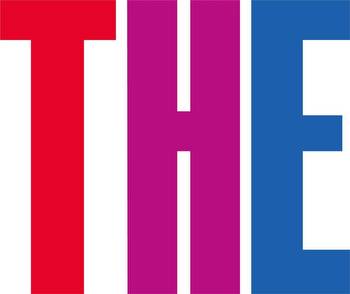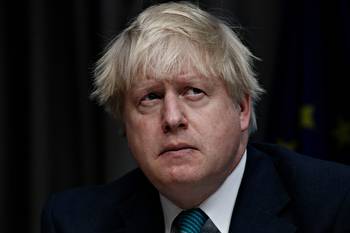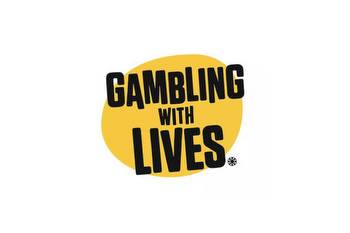Online Gambling Industry Is Using Big Tobacco's Playbook, Health Experts Warn

Online gambling has become big business, gaining record numbers of users over the pandemic and becoming a common sight on Twitch. Now, an international group of public health experts have accused the gambling industry of employing the same tactics used for decades by Big Tobacco in an attempt to steer the public and academic debate to their advantage and weaken government oversight of the quickly burgeoning industry.
The experts, who work at universities in Australia, the United Kingdom, South Africa, and Tanzania, together published an editorial in the peer-reviewed journal Health Promotion International this month arguing that the gambling industry has become “one of the most innovative health-harming industries of recent times,” in part by operating “from a similar playbook” to the tobacco and alcohol industries. The experts say the development poses “widespread threats to global public health.”
In the editorial, the experts express particular concern with the gambling industry “co-opting the production of research” about its own industry and otherwise controlling the conversation around gambling’s consequences and effects. Specifically, the authors criticize the industry’s large role in the academic debate around gambling, which includes direct and indirect funding of academic research on gambling, as well as sponsoring and attending “industry-friendly” academic conferences.
“This has also distorted the nature of research that has been produced and skewed towards the interests and objectives of the gambling industry” by creating “conflicts of interest that exist in all areas of gambling research,” the authors claim.
Similarly, the authors express concern about the way the industry has been able to aggressively lobby “all levels of government with few constraints.” The authors note that industry representatives have even become regularly involved “in government advisory groups” and consult on regulations that would impact their own industry. This has allowed them to steer the conversation about how to solve “problems they have caused” while appearing only to promote a sense of corporate responsibility, the authors argue.
In the U.S., the popularity of online gambling has grown rapidly in recent years, fueled in large part by an aggressive lobbying campaign by the sports betting industry to legalize the practice across the country. As of 2023, sports betting is legal in more than 30 states around the country.
The rise of online gambling in the U.S. and abroad has led to a rise in the number of young men grappling with gambling addiction, which can cause financial and psychological issues for both the gamblers and those around them. As many as half of people with a gambling addiction suffer with suicidal ideation, according to the Nevada Council on Problem Gambling.
The “omnipresent” and loosely regulated barrage of gambling advertisements online and on television—often featuring a celebrity endorsement— have only helped to further normalize the industry to children at a young age, the authors state, adding that educational programs and treatment programs for children to learn about responsible gambling have even begun to be sponsored by the industry itself.
To reverse these trends, the authors argue that governments around the world should adopt a similar framework to that created by the World Health Organization in 2003 to curb the tobacco industry’s influence on public policy.
Back then, 183 countries recognized the “fundamental and irreconcilable conflict between the tobacco industry’s interests and public health policy interests” and decided to “protect their public health policies” from “vested interests of the tobacco industry. Now, the authors state, the same idea should be applied to gambling.

































